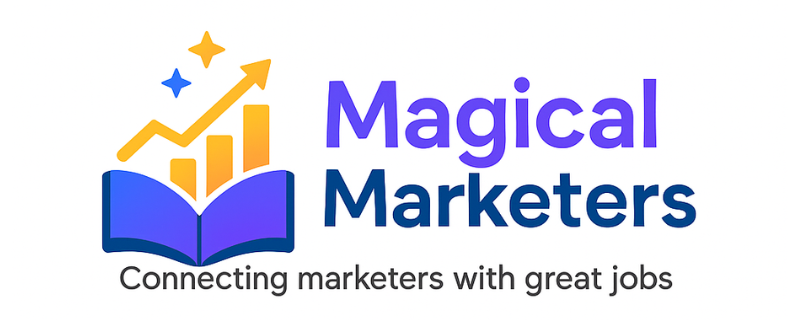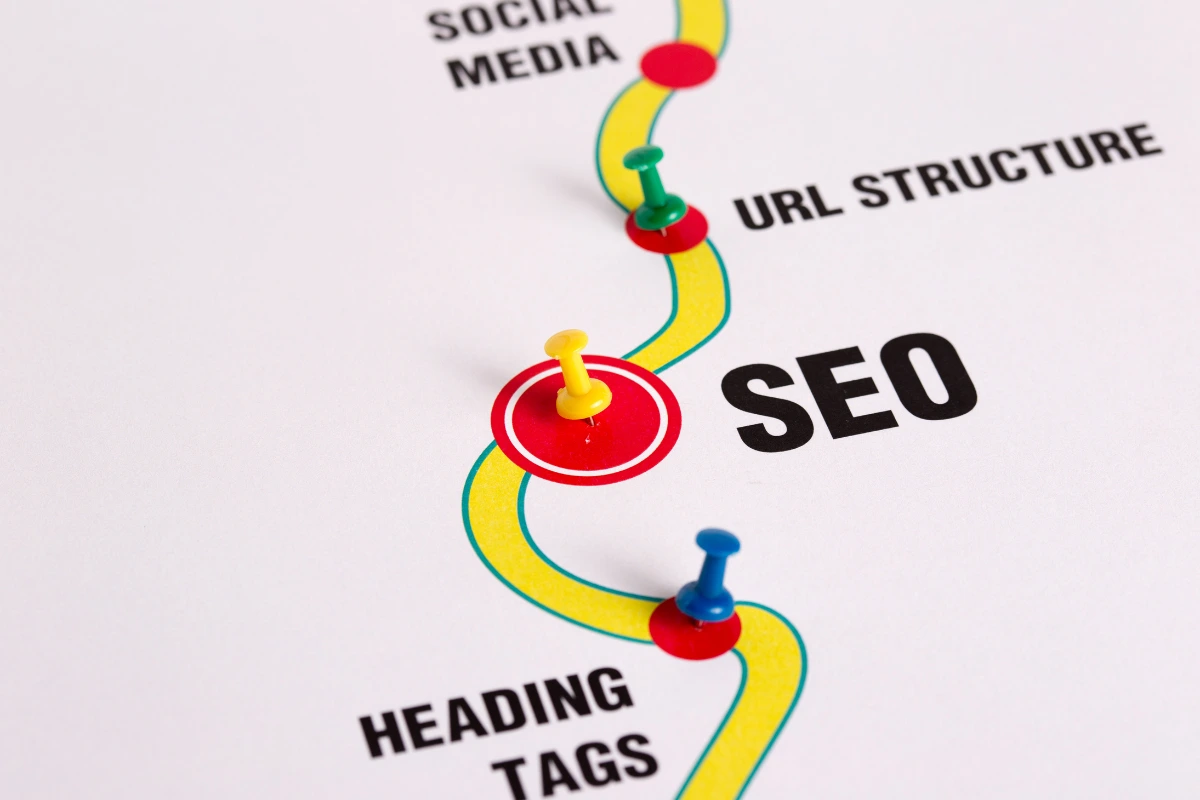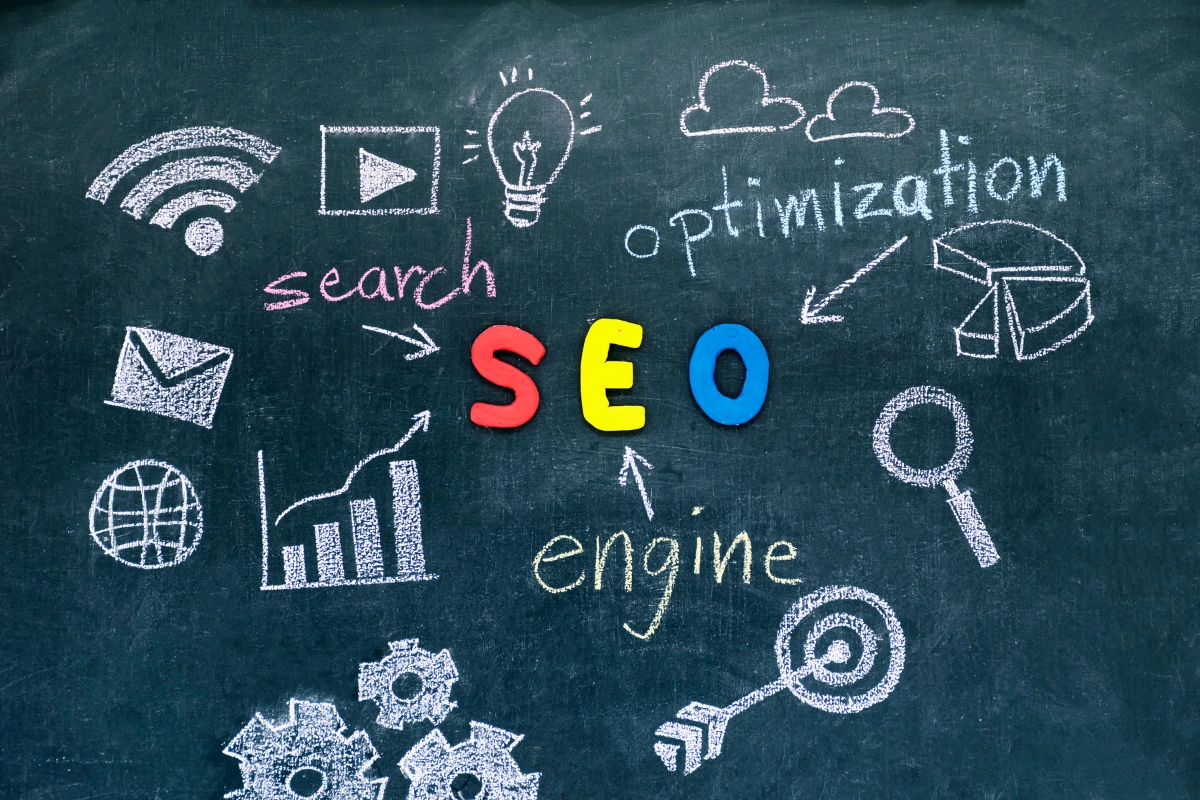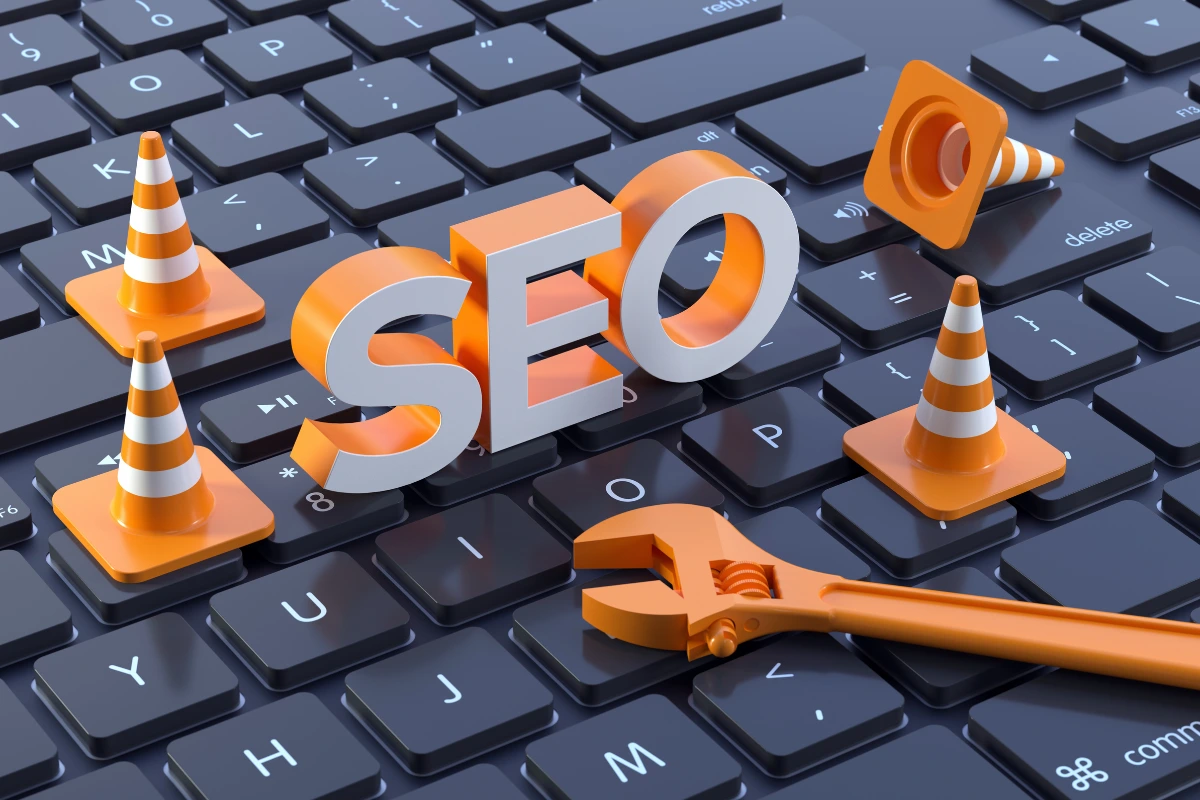How Is Answer Engine Optimisation (AEO) Different from SEO?

SEO (Search Engine Optimisation) has long been the go-to strategy for improving visibility on search engines like Google. But with the rise of AI-powered chatbots, especially ChatGPT, a new term has entered the fray: Answer Engine Optimisation (AEO). AEO, or Generative Engine Optimisation (GEO) as it’s also known, aims to optimise your brand’s presence in AI-driven platforms. But how do these two strategies differ? And should you focus on one over the other?
Let’s delve into the world of AEO and SEO to understand their differences, similarities, and how each can benefit your brand in today’s evolving digital landscape.
SEO vs AEO: The Basics
To kick off, let’s define both terms.
- SEO focuses on increasing a website’s visibility on traditional search engines like Google. It revolves around driving organic traffic through search results based on keyword relevance, backlinks, and user experience.
- AEO, on the other hand, is all about optimising content for AI-driven platforms such as ChatGPT or other generative AI models. Unlike traditional search engines that provide short, keyword-based results, AEO focuses on delivering comprehensive answers to more complex and nuanced user queries.
While SEO targets search engines, AEO targets AI chatbots. Both aim to improve your brand’s visibility, but the approach is distinct. Think of SEO as the strategy for Google, while AEO is the strategy for AI-powered platforms like ChatGPT.
SEO and AEO: Sharing the Same Foundation
At their core, both SEO and AEO rely on a few fundamental principles:
- Content Quality: Whether optimising for search engines or AI, high-quality, comprehensive, and engaging content will always perform better.
- Authority and Trustworthiness: Both SEO and AEO thrive on authority signals. In SEO, this is achieved through backlinks and domain authority. In AEO, this manifests through brand mentions and popularity across the AI platforms.
- Technical Accessibility: Both SEO and AEO require content to be easily crawlable and indexable. However, AI models like ChatGPT are still catching up with the way search engines handle JavaScript and other web features, making technical accessibility even more crucial for AEO.
So, while the principles are similar, it’s the implementation that varies drastically between the two.
The Key Differences Between SEO and AEO
The main difference lies in user intent and the way queries are handled by both systems. Here’s a breakdown:
Query Patterns: Short vs Long
SEO was originally designed to answer short, concise queries — think of the classic, one-to-three word searches like “best earphones,” “cheap flights,” or “how to make pasta.” Search engines like Google use algorithms to pull up relevant content from across the web based on these keywords.
On the other hand, AEO is designed for longer, more detailed prompts. AI chatbots, like ChatGPT, handle queries that are more conversational and complex. A user may ask something like, “What are the best earbuds under Rs 2000 for gym use?” or “Explain the process of claiming credit card rewards.” The answer needs to be detailed and contextual, not just based on a set of keywords.
In simple terms: SEO is about serving short, precise queries, while AEO is designed to provide detailed, conversational answers to complex queries.
Ranking Factors: Popularity vs Engagement
In SEO, ranking signals are well-established — keywords, backlinks, site speed, mobile responsiveness, and user engagement are key factors that determine your website’s visibility. Google’s algorithms consider all of these to rank content.
AEO, however, places a lot more emphasis on brand search volume and mentions. The popularity of a brand across multiple platforms can influence its visibility in AI-driven answers. In fact, AEO systems are more likely to provide answers from brands that have a higher frequency of mentions online, especially in user conversations, social media, and content consumption.
For example, when someone asks ChatGPT about the best CRM tools, AI systems are more likely to mention Salesforce, HubSpot, and Zoho because these brands have a strong presence across various content sources.
The Nature of Content: Answering vs Ranking
SEO optimises content for ranking. This means creating content around specific keywords, ensuring that it’s structured to rank high in search results, and making sure it satisfies Google’s ranking criteria.
In contrast, AEO is more about answering specific queries. Content designed for AEO needs to address detailed prompts, offering answers that are not just based on keywords but also on the overall context of the question. For instance, an AEO-optimised answer will go beyond simply listing products. It may explain why each product works best in different contexts or give detailed user reviews.
This is why long-form content and comprehensive guides are more important in the world of AEO than in traditional SEO.
The Impact of Emerging Brands and Established Players
In SEO, new players can compete against established brands by focusing on niche keywords, long-tail queries, and superior content. Smaller brands can rise to the top by outperforming the competition in specific areas.
However, AEO is more challenging for emerging brands. AI-driven platforms often favour established players in well-established industries. If your brand isn’t widely known or mentioned across multiple platforms, it might struggle to get a significant share of AI visibility. Popular brands dominate AI answers simply because they already have an extensive digital footprint.
Thus, AEO might offer significant opportunities for emerging industries or new products where competition is still low. However, in well-established sectors, AI systems are more likely to favour big players due to their dominance in digital conversations.
When to Focus on SEO, and When to Focus on AEO?
Now that we understand the core differences, the question remains: When should you focus on SEO, and when should you focus on AEO?
Focus on SEO when:
- You are in an industry where short search queries dominate, and Google still holds the majority of search traffic.
- Your brand has a strong organic presence and is already ranking well on Google.
- The competition in your niche is manageable, and you can outperform competitors with better content and targeted keywords.
Focus on AEO when:
- Your industry or niche has low correlation between traditional search and AI visibility. For instance, if you’re in a sector like credit cards or handbags, you might find that AI-driven platforms provide new opportunities.
- You want to take advantage of the conversational nature of AI, allowing you to capture detailed, long-tail queries that might be overlooked in traditional SEO.
- Brand popularity and mentions play a significant role in your visibility, especially in fragmented industries with many competitors.
The Future: SEO and AEO Together
While SEO and AEO may seem distinct now, the reality is that they are not mutually exclusive. Over time, as AI models evolve, we will likely see overlap between the two. As AI chatbots become more sophisticated, their need for structured, high-quality content will grow, bringing SEO principles into play for AEO as well.
Therefore, rather than choosing one over the other, the best approach is to optimise for both. Create high-quality content that addresses both SEO keywords and AI-friendly answers. Use technical SEO to ensure your site is easily crawlable and indexed by both search engines and AI platforms.
Final Thoughts
In today’s digital marketing landscape, SEO and AEO are two powerful strategies, each with its own strengths. SEO remains the cornerstone of digital visibility for traditional search engines, while AEO opens up new possibilities for AI-driven platforms. Understanding when and how to leverage each strategy will ensure that your brand stays ahead of the curve. In the end, both SEO and AEO rely on delivering high-quality, user-centric content — it’s just that the platforms and methods differ.
As AI chatbots like ChatGPT continue to evolve, it’s clear that we need to be multi-instrumentalists in the digital marketing world — mastering both SEO and AEO to thrive in the new era of search visibility.
Calling all Marketers!
🔴 Are you tired of searching for the perfect job?
Whether you're into content writing, SEO, social media, graphic design, or video editing—full-time, freelance, remote, or onsite—we've got your back!
👉 We post over 30 job opportunities every single day. Yes, every day (all verified).
Join the most reliable and fastest-growing community out there! ❤️
And guess what? It’s FREE 🤑
✅ Join our WhatsApp Group (Click Here) and Telegram Channel (Click Here) today for instant updates.







